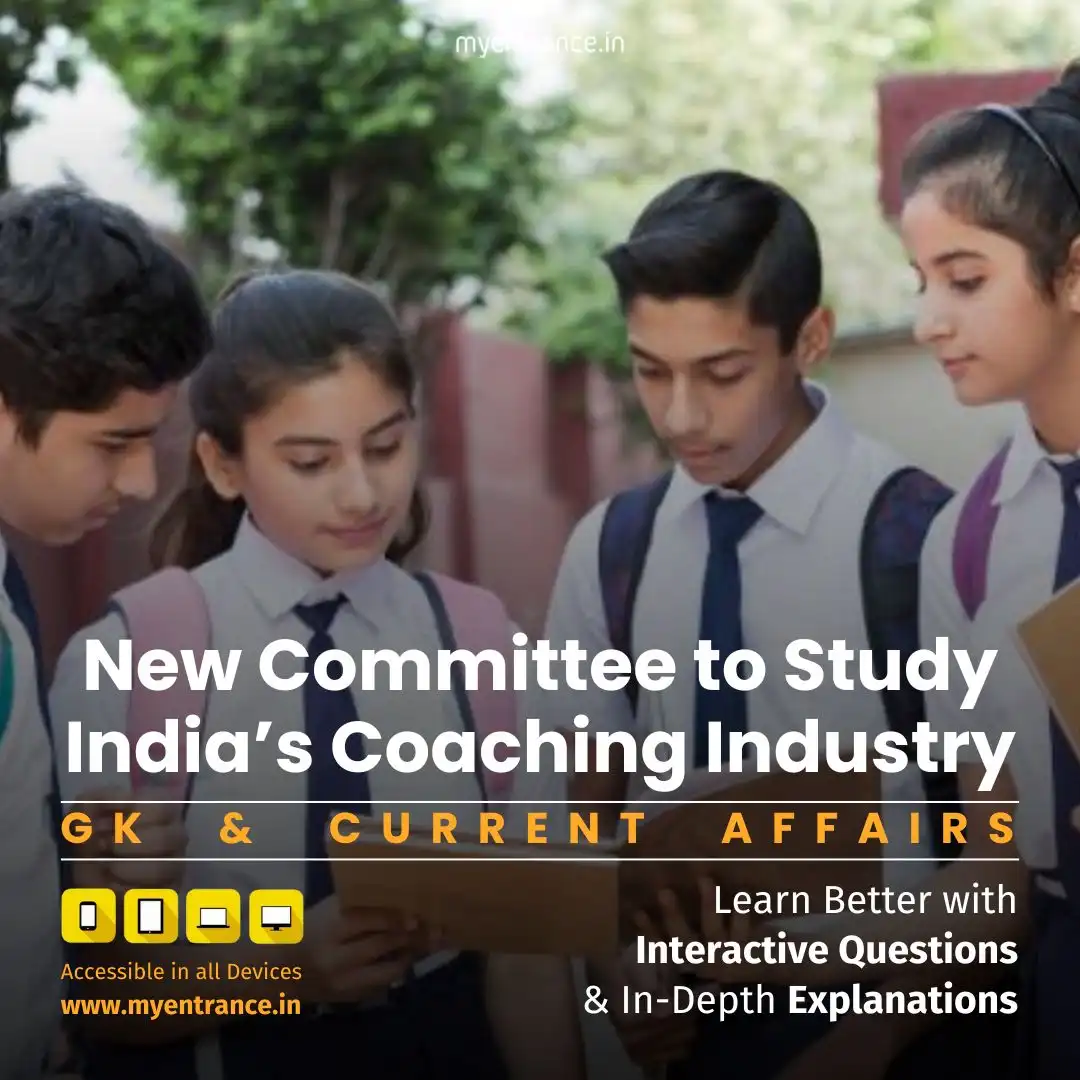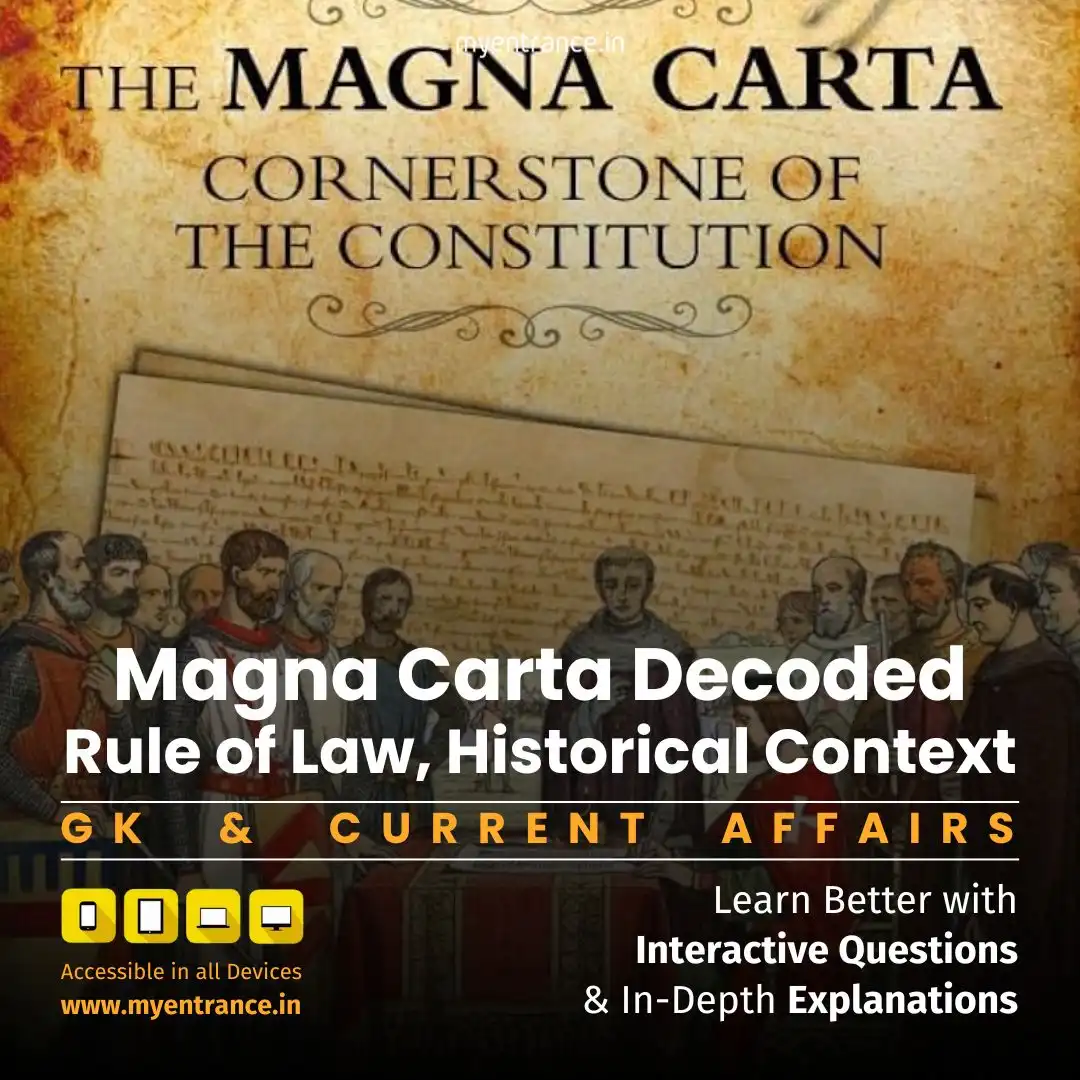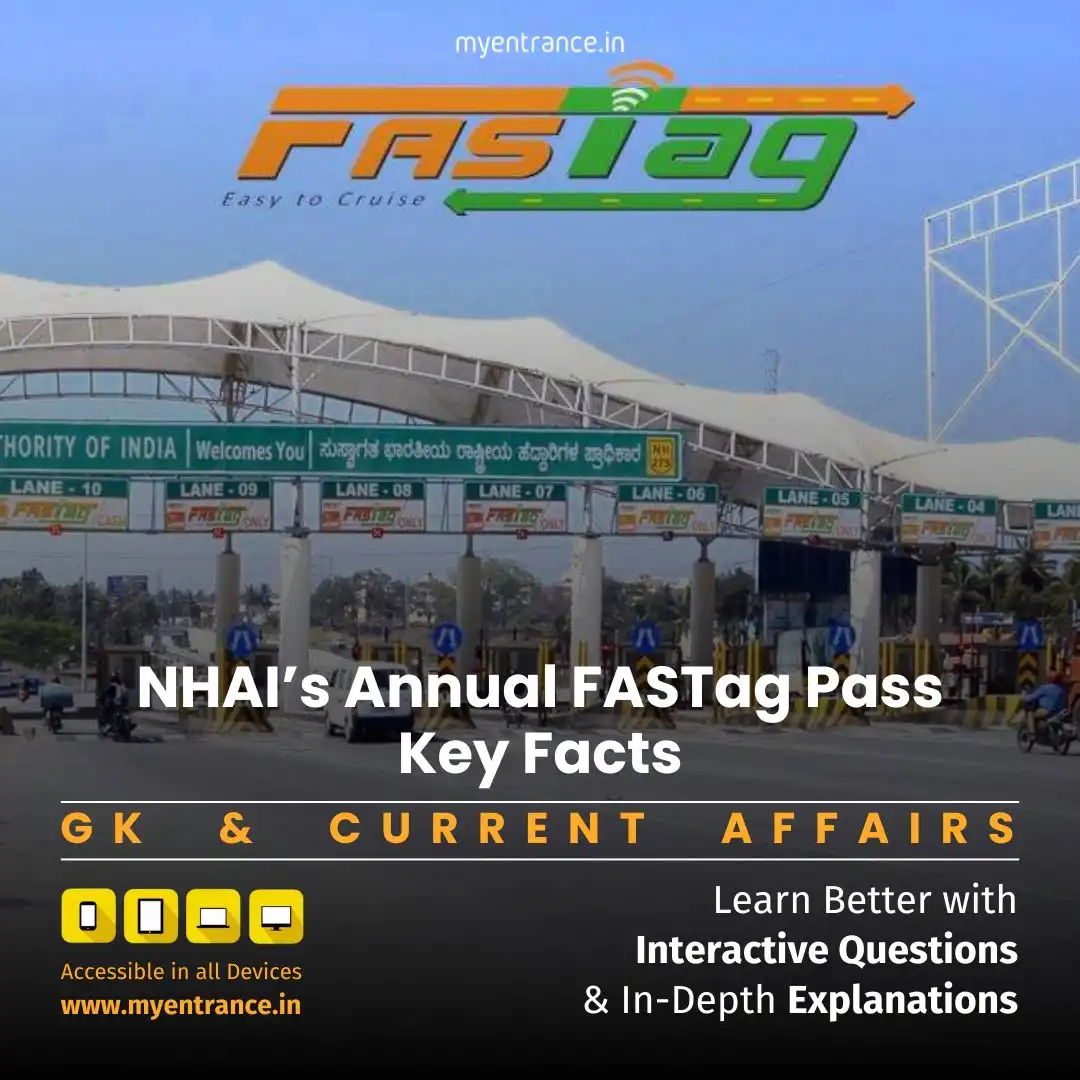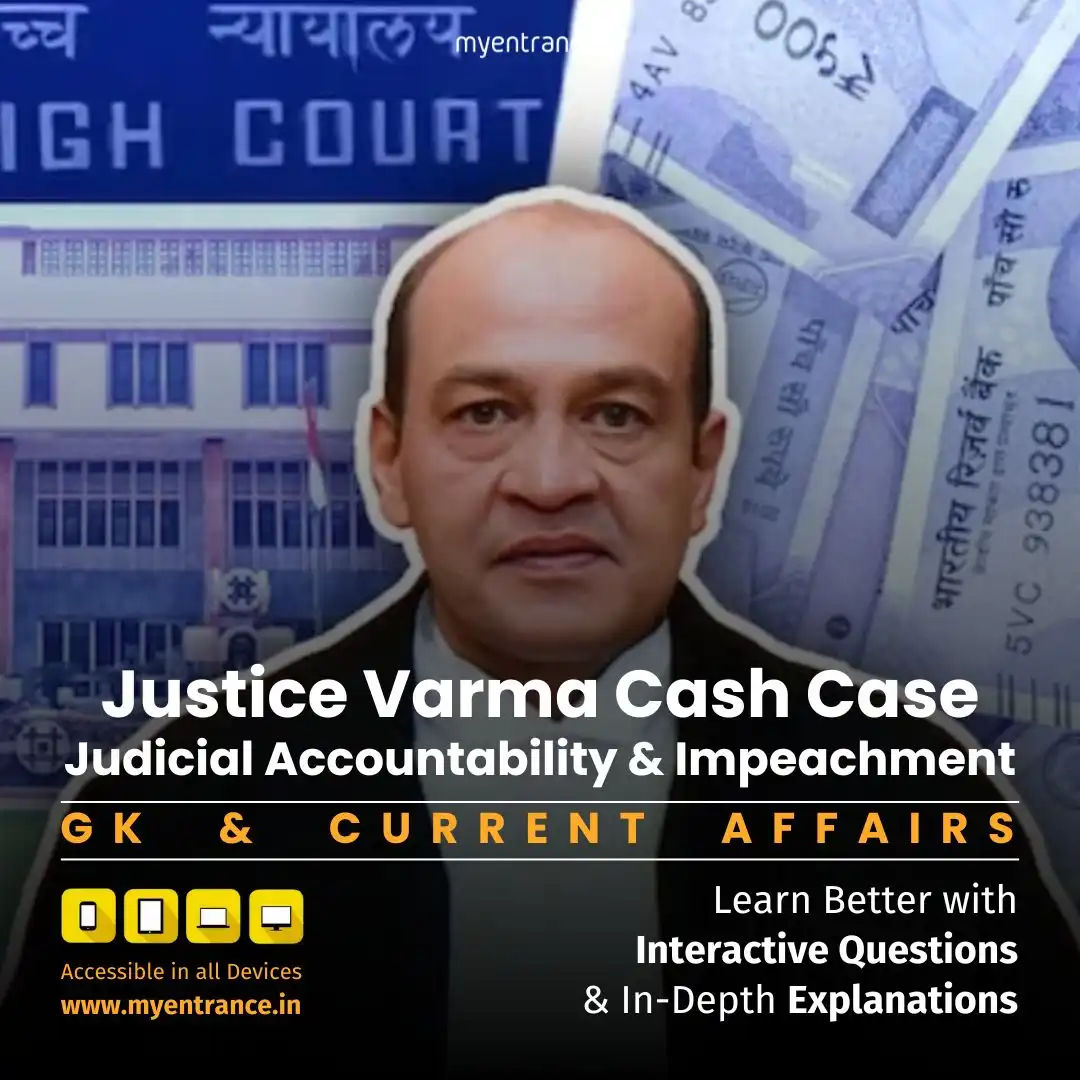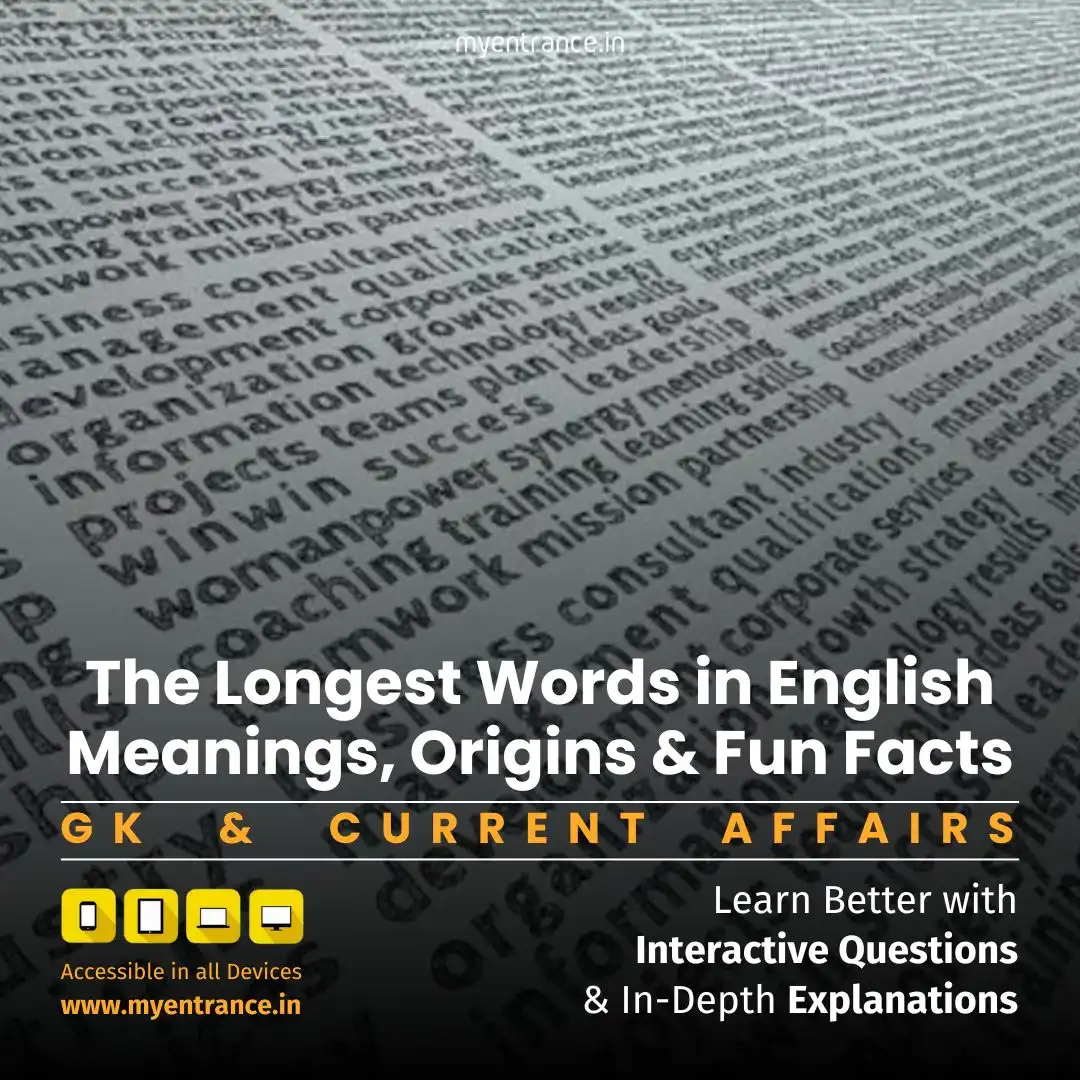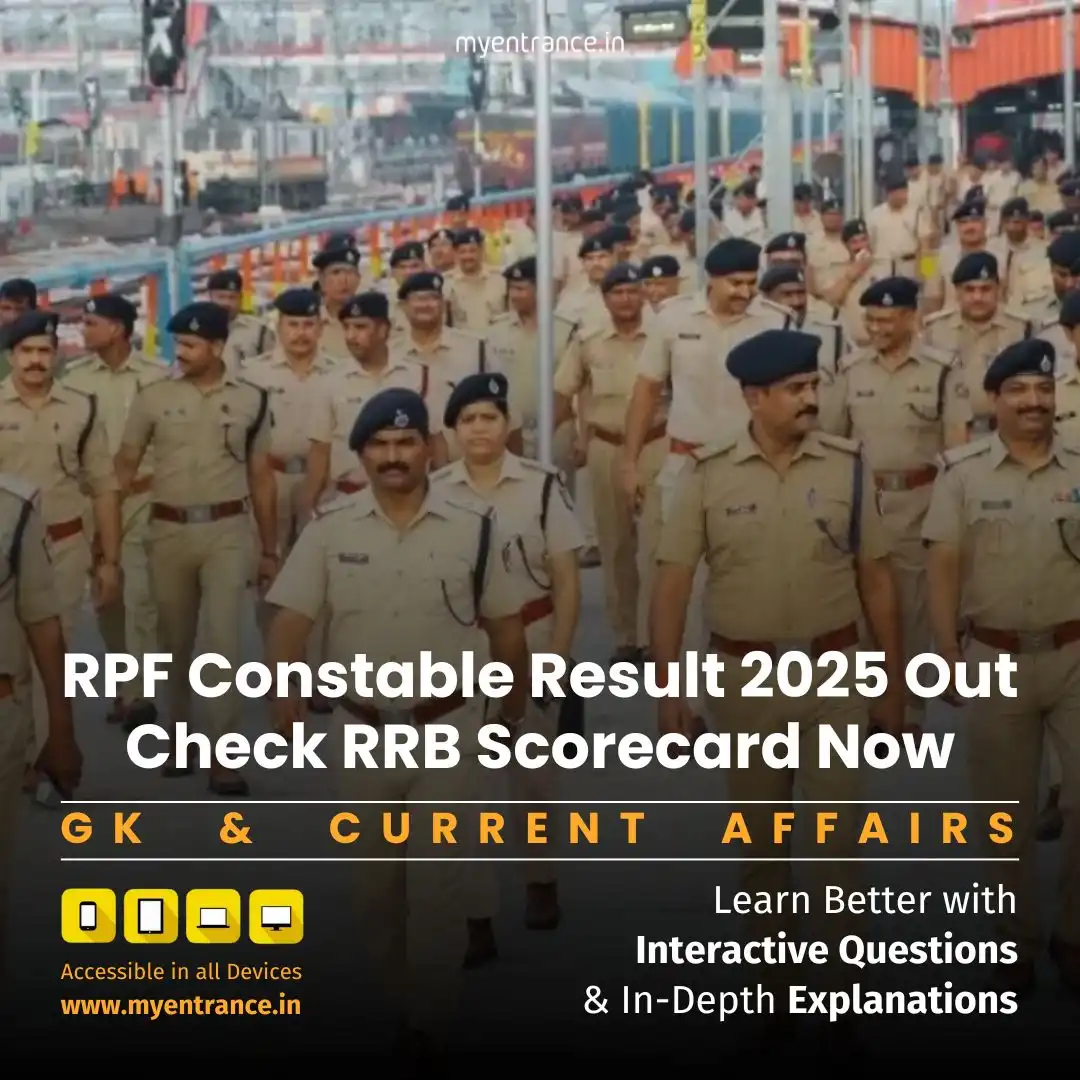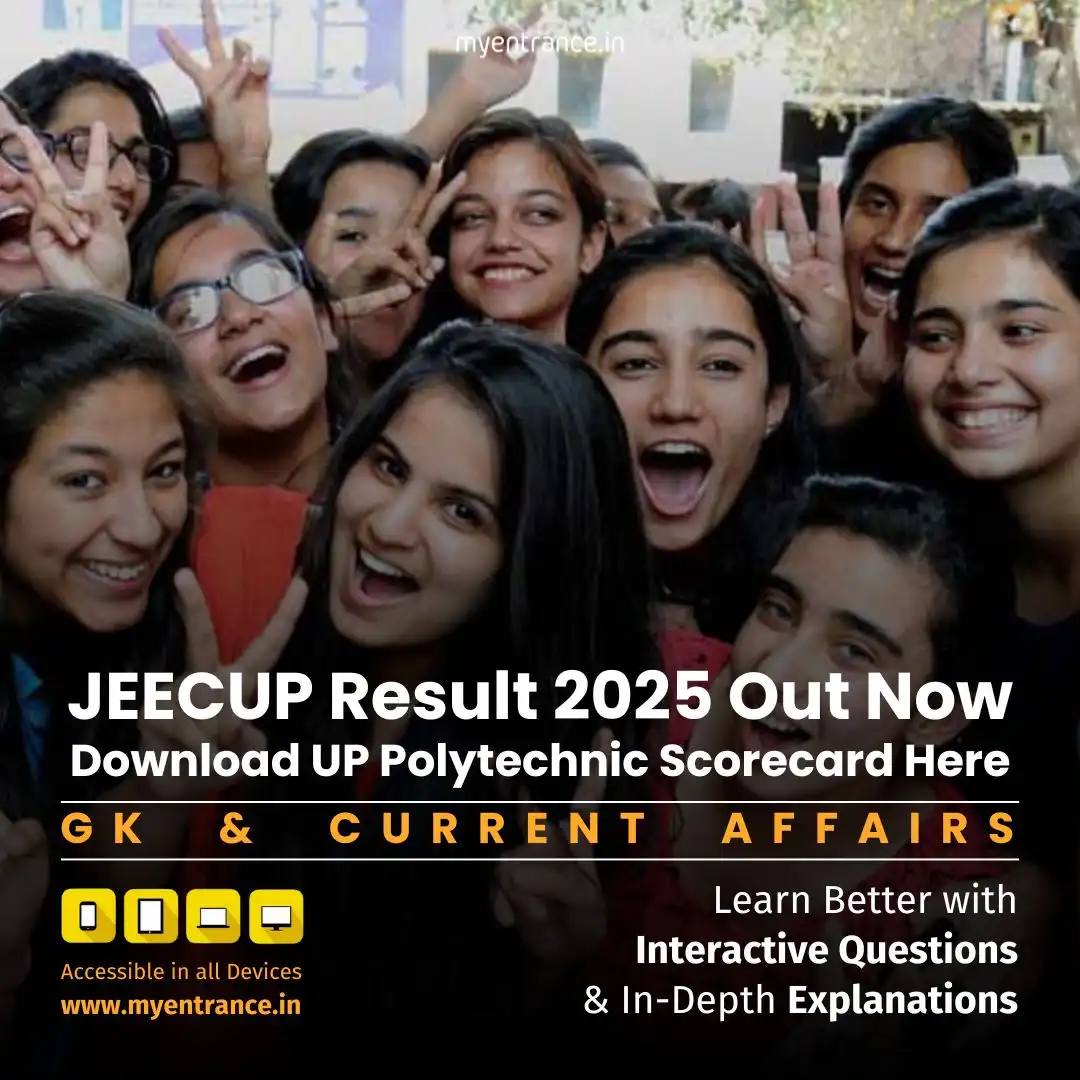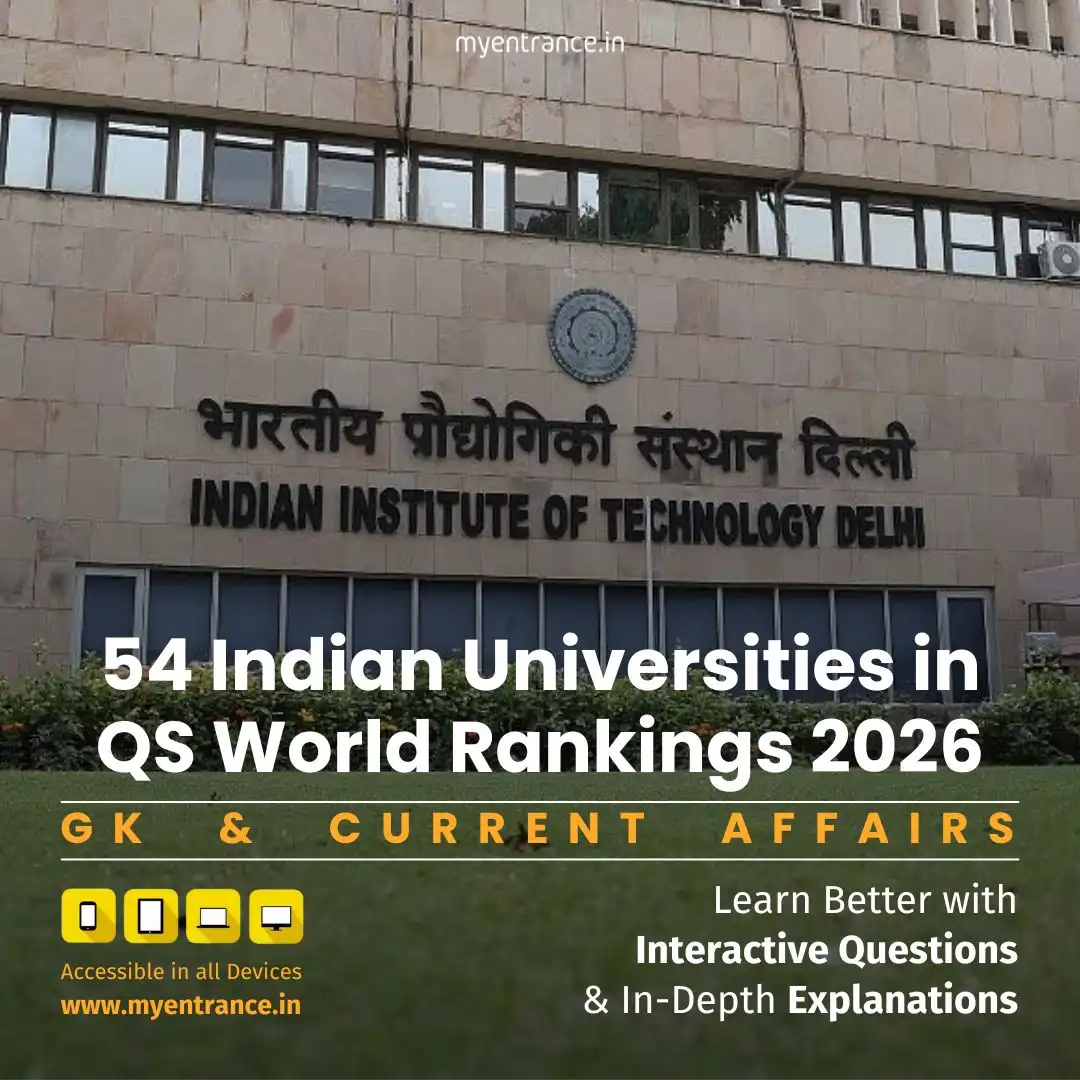Select Language
Government Forms Panel to Address Student Dependence on Coaching Centers & Fairness of Entrance Exams
The Ministry of Education has set up a nine-member committee to investigate the increasing dependence of students on coaching centers and the fairness of competitive entrance exams. Headed by Higher Education Secretary Vineet Joshi, the panel will recommend measures to reform the system and reduce the pressure on students.
Why Has the Committee Been Formed?
The government has taken this step due to several critical concerns in the education sector:
Rising Student Dependence on Coaching Centers – Many students rely heavily on private coaching to crack competitive exams like JEE, NEET, and others, often at the cost of formal schooling.
Growth of ‘Dummy Schools’ – Thousands of students enroll in dummy schools (institutions with minimal attendance requirements) to focus solely on entrance exam preparation.
Exam Fairness & Rote Learning Issues – The current system prioritizes memorization over critical thinking, leaving students ill-prepared for higher education.
Student Stress & Mental Health Concerns – Increasing cases of student suicides and accidents linked to coaching pressure have prompted government intervention.
Key Responsibilities of the Committee
The panel will analyze multiple aspects of the education system and suggest reforms, including:
Identifying Gaps in School Education – Why do students feel the need for coaching? Is the curriculum failing to develop analytical and problem-solving skills?
Regulating Dummy Schools – How do these institutions bypass formal education, and what policies can curb their misuse?
Improving Exam Structures – Are entrance exams truly assessing a student’s potential, or just rewarding rote learning?
Enhancing Career Guidance – Many students lack awareness of alternative career paths beyond medicine and engineering. The committee will assess the effectiveness of career counseling in schools.
Balancing Seat Availability & Demand – With limited seats in top institutions, how can the system reduce cutthroat competition?
Who Are the Committee Members?
The panel includes experts from various educational bodies:
Vineet Joshi (Chairman) – Secretary, Higher Education
CBSE Chairman – Representing school education standards
Representatives from IITs, NITs, and NCERT – Ensuring technical and pedagogical insights
Principals from KV, Navodaya, and Private Schools – Bringing ground-level perspectives
What Changes Can Students Expect?
While the committee’s final recommendations are awaited, possible outcomes may include:
Stricter regulations on coaching centers to ensure student well-being.
Reforms in school assessments to reduce rote learning and encourage conceptual clarity.
Better career counseling to help students explore diverse opportunities.
Crackdown on dummy schools enforcing mandatory school attendance.
Sample Questions & Answers (FAQs)
Q1: Why are students increasingly depending on coaching centers?
A1: The current school system often focuses on textbook learning rather than critical thinking, forcing students to seek external coaching for competitive exams.
Q2: What are ‘dummy schools,’ and why are they problematic?
A2: Dummy schools allow students to skip regular classes while remaining enrolled, enabling full-time coaching. This undermines formal education and leads to learning gaps.
Q3: How will this committee help reduce exam stress?
A3: By recommending fairer exam patterns, better career guidance, and reducing the need for coaching, the panel aims to ease student pressure.
Q4: Will this affect entrance exams like JEE and NEET?
A4: The committee may suggest structural changes in these exams to assess true potential rather than memorization skills.
Q5: What alternatives exist besides coaching centers?
A5: Strengthening school education, improving teacher training, and offering online learning resources can reduce reliance on coaching.
Most Predicted Questions
Comprehensive study materials, Expert-guided tips & tricks, Mock tests and instant results.
Start your SSC, NIFT, NID, FDDI, PSC journey today with MyEntrance, your ultimate online coaching platform.
